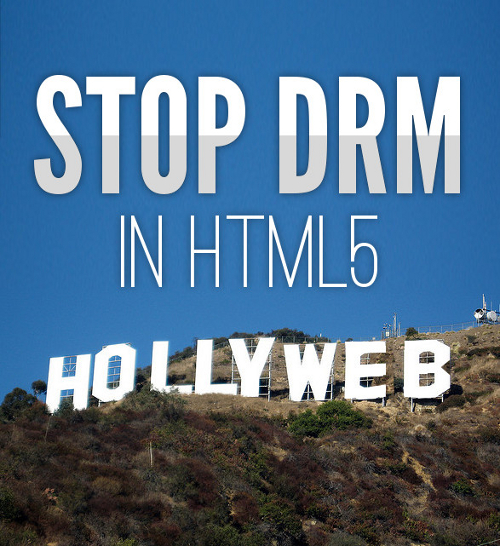Open source “strengthens democracy”

Josipović appreciates the open source community’s creative and innovative spirit and is reported as saying: “What you are doing is something good, creative and innovative”, while opening the Croatian Linux Users’ Convention 2013 in Zagreb on Wednesday 15th May. As regards democracy, the President remarked: “Most importantly, open source helps to strengthen democracy.”
President Josipović also expressed his “complete support” for the government plans to implement open source and open standards (what about open data? A stool needs three legs, not two! Ed.) in the Croatian public sector’s IT, according to the organisers of the Croatian Linux Users’ Convention.
This is not the first time that Mr Josipović has shown his support for open source and open standards (posts passim)


 In conjunction with both
In conjunction with both 